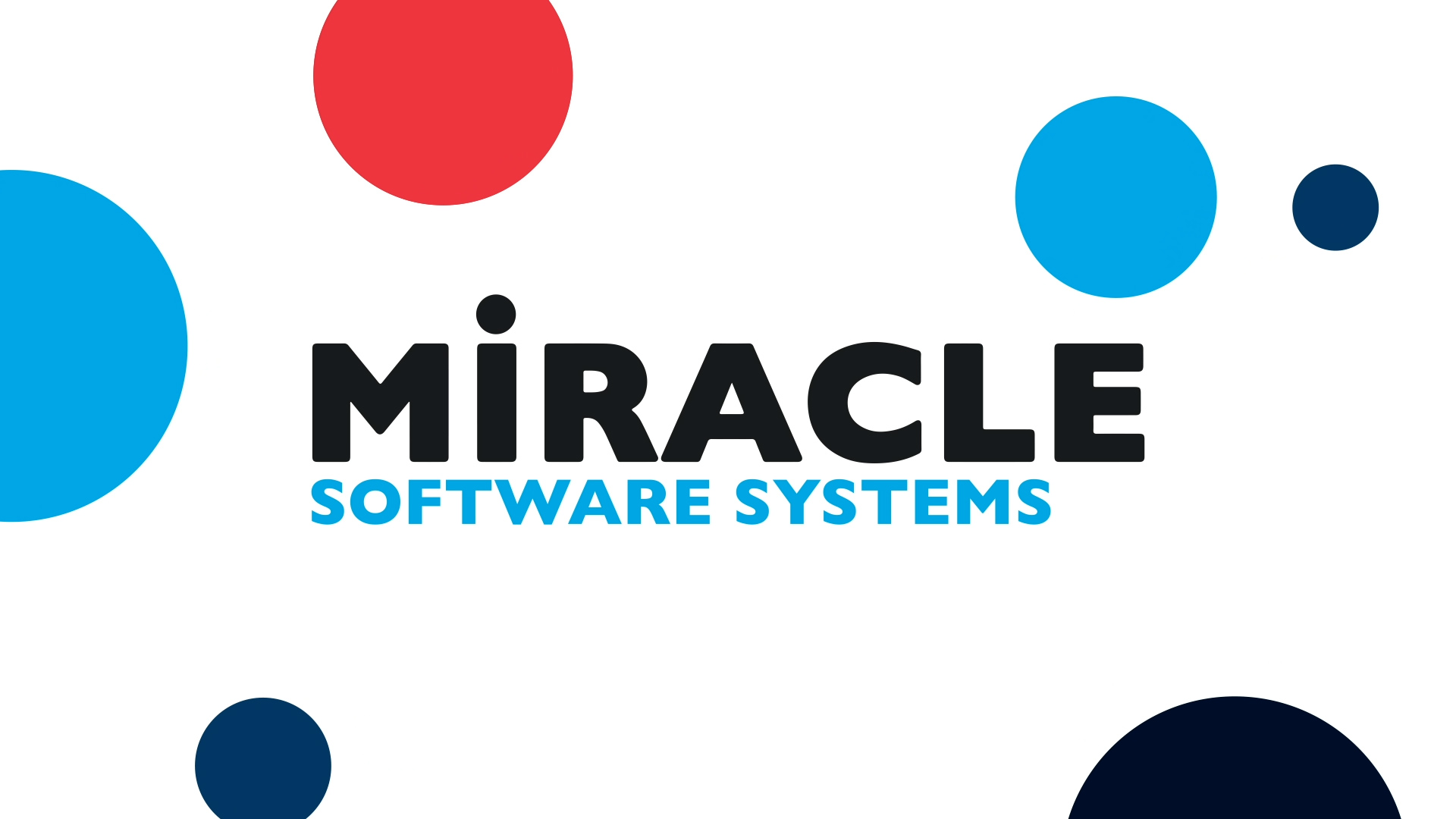Introduction
Many enterprises struggle to extract usable data from unstructured documents. Traditional rule-based approaches require fixed templates, scripts, or trained models, which can be time-consuming and inflexible. This blog showcases how Miracle Software Systems, Inc., leveraged UiPath Agentic Automation, through UiPath Maestro, to automate the extraction of contact information from a poorly structured PDF.
A Practical Approach to Agentic Automation
UiPath’s Agentic Automation framework allows developers to build modular, role-specific AI agents that collaborate to complete complex tasks. Each agent is configured with a defined role, prompt, and memory schema using UiPath Agent Builder, and is orchestrated through Maestro, which manages execution flow, handoffs, and monitoring.
In our demo, Miracle Software Systems, Inc., designed a Maestro plan involving multiple agents to process a PDF document:
- A Classifier Agent determines the type of document being processed
- An Extractor Agent identifies and extracts key contact details such as name, email, and phone number
- A Formatter Agent organizes the extracted data into a structured JSON format
This approach does not rely on fixed templates or hard-coded rules, making it especially useful for ad hoc or poorly formatted documents. Instead, the intelligence is embedded in the agent prompts and schemas, which makes the solution adaptable, reusable, and faster to configure than traditional rule-based extraction.
Unlike legacy methods that require ML model training, this workflow is low-code with minimal setup. Developers still define agent prompts, roles, and expected outputs. However, this setup is significantly faster and easier to adapt than traditional scripting or model training.
Moving Beyond Traditional Document Understanding
Conventional Document Understanding (DU) methods, such as template-based extraction or machine learning model training, are effective for high-volume, repetitive document types. However, these approaches can become bottlenecks when dealing with unstructured or inconsistent documents, especially when rapid turnaround is required without the time for training or template creation.
UiPath Agentic Automation provides a complementary approach that is particularly valuable in such scenarios. Instead of building models or templates, developers define agents using natural language prompts and output schemas, orchestrated within UiPath Maestro. Each agent performs a specific role, classification, extraction, validation, or formatting, while Maestro manages execution sequences, memory handoffs, and error handling.
This modular design allows enterprises to:
- Reduce setup time for new document types
- Reuse agent roles and prompts across multiple workflows
- Adjust agent behavior quickly by modifying prompts or schema definitions
- Orchestrate multi-step document processing without writing custom integration code
The result is a more flexible and adaptive automation strategy, making it easier to scale document processing across varied business needs.
Watch the Demo Video
UiPath Maestro serves as the orchestration layer for Agentic Automation. It manages plans that define the sequence of tasks, assigns those tasks to the right agents, and ensures smooth handoff of data between agents using shared memory and structured schemas. Maestro also provides execution monitoring, error handling, and logs for transparency.

The demo video shows Maestro executing the plan step-by-step, orchestrating the agents, and generating accurate, structured output without relying on custom scripts or training traditional machine learning models. With just ML, this would be a nearly impossible task. With Agentic AI, the LLM is able to extract data from the document using generative AI, guided by well-defined agent prompts, schemas, and plan design. This setup is significantly faster and more adaptable than traditional document understanding approaches.
Real-World Applications in Major Industries
- Finance and Procurement – Rapidly extract details from invoices, purchase orders, or contracts regardless of vendor-specific formatting. Agents can classify documents, extract line items, and pass structured data to ERP systems.
- Insurance and Healthcare – Process intake forms, claims, and medical records to reduce manual entry and support faster reviews.
- Manufacturing and Supply Chain – Extract data from shipping documents and order forms to improve tracking and inventory systems.
- Public Sector and Compliance – Digitize records and review regulatory content to meet compliance standards and improve reporting workflows.
- Retail and E-commerce – Process product catalogs, vendor data, and confirmations to improve inventory and order accuracy.
- Banking and Risk Management – Extract and check details from KYC forms, credit reports, and statements to improve client onboarding and risk evaluations.
Miracle’s Expertise in UiPath Automation
With over 30 years of experience in enterprise technology, Miracle Software Systems, Inc., helps businesses take a smarter, more efficient approach to automation. As a UiPath Platinum Partner, we design solutions that minimize manual effort, improve time-to-value, and create new levels of productivity. The future of automation is here, with intelligent, adaptive, and agent-driven systems. We enable businesses to move from legacy RPA to fully orchestrated, end-to-end Agentic Automation.





